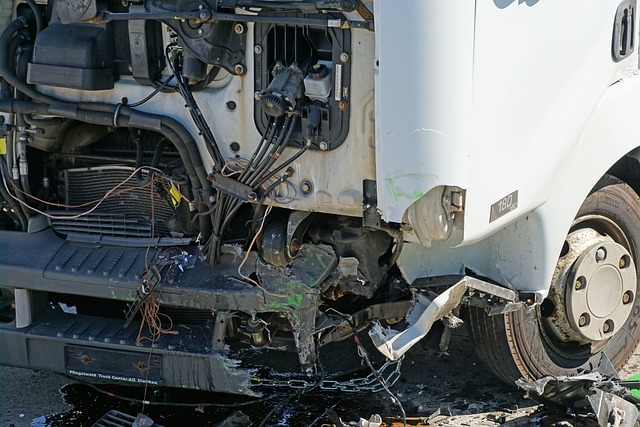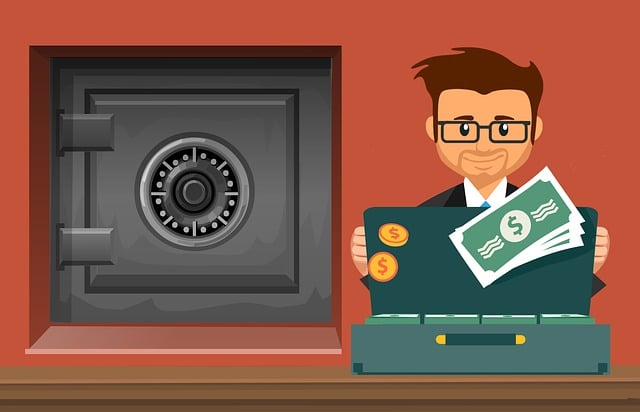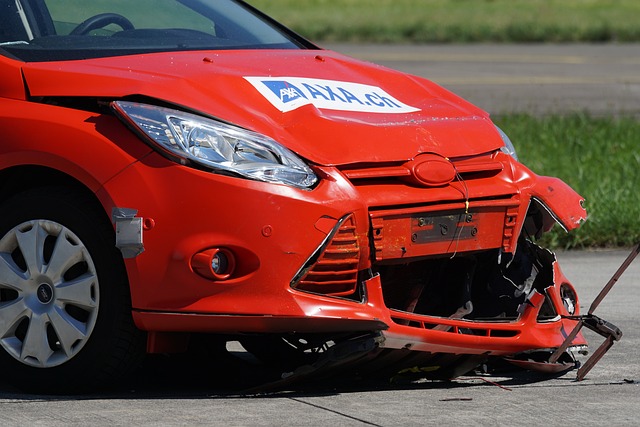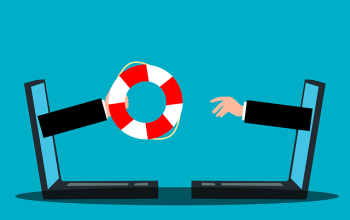When considering the comprehensive protection of one’s assets and future earnings, a personal umbrella policy emerges as an indispensable addition to standard homeowner or auto insurance. This article delves into the critical role of an umbrella policy in extending coverage for significant claims and lawsuits, including bodily injury, property damage, and various legal liabilities that often exceed the limits provided by primary policies. With escalating costs of such claims—as highlighted by the Wall Street Journal—individuals are increasingly recognizing the value of this extra layer of financial protection. We will explore the scope of a personal umbrella policy, its contribution to third-party liability coverage, and how it enhances homeowner liability. Additionally, we will discuss the importance of accidental injury coverage beyond standard policies, the benefits of property damage insurance under an umbrella policy, and how these measures collectively offer robust financial protection against high-cost claims. Insights from industry reports will guide our evaluation of the need for such a policy, ensuring readers are well-informed to make prudent decisions regarding their personal insurance portfolio.
- Understanding the Scope of a Personal Umbrella Policy
- The Role of an Umbrella Policy in Third-Party Liability Coverage
- Homeowner Liability vs. Personal Umbrella Policy: Distinctions and Enhancements
- The Importance of Accidental Injury Coverage Beyond Standard Policies
- Property Damage Insurance: What an Umbrella Policy Can Do for You
- The Financial Protection Offered by Umbrella Policies Against High-Cost Claims
- Evaluating the Need for a Personal Umbrella Policy with Insights from Industry Reports
Understanding the Scope of a Personal Umbrella Policy

A personal umbrella policy serves as a critical financial safeguard, extending beyond the coverage limits of standard homeowner or auto insurance policies. This supplementary insurance is designed to kick in once the liability limits on those primary policies are exhausted, offering substantial protection against third-party liability claims. For instance, if you are found responsible for an accident that causes bodily injury to another person, your homeowner or auto policy will provide coverage up to its specified limit. However, should the damages exceed this amount, your personal umbrella policy can cover the remainder, preventing you from having to pay out-of-pocket for the excess.
This extended coverage is particularly beneficial in scenarios involving accidental injury coverage. It ensures that should an unfortunate incident occur where you unintentionally harm someone, and the medical costs or legal settlements surpass your primary insurance limits, your umbrella policy steps in to cover these expenses without jeopardizing your personal savings. Similarly, for property damage insurance, a personal umbrella policy can offer additional funds to compensate for damages caused to another person’s property that exceed the coverage of your homeowner’s or renter’s insurance. With the rise in high-cost claims, as evidenced by recent reports from the Wall Street Journal, having a personal umbrella policy is an informed decision for those looking to protect their financial security against unforeseen liabilities.
The Role of an Umbrella Policy in Third-Party Liability Coverage

A personal umbrella policy serves as a critical financial safeguard in the event of third-party liability claims that exceed the coverage limits of standard homeowner or auto insurance policies. This additional layer of protection is especially pertinent when considering accidental injury coverage, as it can shield against the potential costs associated with bodily injury liability. For instance, if you are found responsible for an injury to another person, whether on your property or in a vehicle you own, and the expenses surpass the limits of your primary insurance, the umbrella policy kicks in to cover the remainder. This is particularly important given that medical costs can be exorbitant, and a single incident could potentially deplete one’s savings.
Furthermore, property damage insurance within an umbrella policy extends beyond the typical coverage offered by homeowner or auto insurance. It can provide compensation for unintentional property destruction caused by you or household members, including incidents like a tree falling on your neighbor’s house during a storm or a guest accidentally spilling a drink that damages an expensive piece of furniture in their home. With the frequency of high-cost claims on the rise, as reported by the Wall Street Journal, a personal umbrella policy is not just a wise financial decision but an essential one for those looking to maintain their financial stability and avoid potential economic hardship due to unforeseen liabilities.
Homeowner Liability vs. Personal Umbrella Policy: Distinctions and Enhancements

When assessing your personal insurance needs, it’s crucial to understand the differences between homeowner liability and a personal umbrella policy. Homeowner liability typically provides coverage for claims and lawsuits arising from accidents that occur on your property. This includes incidents where guests sustain accidental injury on your premises or if your pet causes harm. However, standard homeowner policies often have limits on payouts, which can be insufficient in the event of a significant liability claim.
In contrast, a personal umbrella policy acts as a shield that complements these limitations. It offers extended coverage beyond the basic limits of your underlying insurance policies, including homeowners or renters insurance. This means that if someone is injured on your property and the costs exceed your homeowner liability coverage, the personal umbrella policy steps in to cover the remainder. Additionally, it extends third-party liability protection to situations beyond the home, such as when you’re involved in an auto accident or when you unintentionally cause bodily injury or property damage elsewhere. Accidental injury coverage and property damage insurance under an umbrella policy can provide peace of mind, knowing that you are financially protected against potentially devastating claims and lawsuits. With the rise in both the frequency and cost of such claims, as highlighted by reports from sources like the Wall Street Journal, having a personal umbrella policy is increasingly seen as a prudent financial strategy for individuals who want to safeguard their assets and overall financial security.
The Importance of Accidental Injury Coverage Beyond Standard Policies

A personal umbrella policy serves as a critical financial safeguard, extending the limits of traditional homeowner or auto insurance policies to provide robust third-party liability coverage. This additional layer of protection becomes particularly important in scenarios where an individual is held responsible for bodily injury or property damage incidents. For instance, if someone slips and falls on your property, sustaining an injury, the costs associated with their medical care and any legal ramifications could exceed the limits of standard homeowner’s insurance. An umbrella policy steps in to cover these expenses beyond what the primary policies would otherwise allow, ensuring that your personal assets remain protected from potentially ruinous liability claims.
Furthermore, accidental injury coverage under an umbrella policy is not limited to incidents that occur on one’s own property. It can also extend to situations where you or a family member are involved in an incident elsewhere, such as a car accident where you are at fault. This coverage is crucial because it addresses the gap between the costs of an event and the coverage limits of standard policies. With the increasing frequency of high-cost claims, as highlighted by reports from the Wall Street Journal, having a personal umbrella policy in place is a prudent measure to avoid exposure to out-of-pocket expenses that could otherwise jeopardize your financial stability. Property damage insurance within an umbrella policy also offers peace of mind, knowing that you are covered for unintended damages to others’ property that might exceed the coverage of your primary policies.
Property Damage Insurance: What an Umbrella Policy Can Do for You

A personal umbrella policy serves as a critical supplement to your existing insurance policies, including homeowner’s and auto insurance. It steps in where those policies reach their coverage limits, offering robust third-party liability protection. This means that should you be held responsible for bodily injury or property damage that exceeds the coverage of your underlying policies, your umbrella policy can provide the additional funds necessary to settle claims or judgments against you. For instance, if a guest at your home suffers an accidental injury and incurs medical expenses beyond what your homeowner’s liability covers, your umbrella policy kicks in to protect your assets. Similarly, if a car accident results in significant property damage to another person’s property, your personal umbrella policy can provide the extra coverage needed, safeguarding you from potentially devastating financial consequences. With the frequency of high-cost claims on the rise, as highlighted by reports from the Wall Street Journal, having a personal umbrella policy in place is an informed decision to secure your financial future against unforeseen liabilities. It’s not just about what your current policies cover; it’s about the peace of mind that comes with knowing you have a robust layer of protection for those unexpected and often costly incidents involving property damage or injury claims.
The Financial Protection Offered by Umbrella Policies Against High-Cost Claims

A personal umbrella policy serves as a critical safeguard against high-cost claims that can exceed the limits of traditional homeowner or auto insurance policies. This additional layer of coverage is designed to kick in once the underlying liability limits have been reached, offering substantial financial protection. For instance, if you’re found legally responsible for bodily injury or property damage inflicted on a third party, the umbrella policy can provide extensive coverage that goes beyond what your standard policies would offer. This is particularly relevant in today’s litigious environment where compensation claims can be substantial. Moreover, accidental injury coverage under an umbrella policy can shield you from the potential financial ruin of a claim arising from unintended incidents such as a guest slipping and falling at your home or a pet causing harm to someone else.
In addition to personal injury protection, umbrella policies also extend to third-party liability claims. This means that if your actions or those of a household member lead to damages or injuries to others, the policy can cover the costs associated with legal defense and settlements. Furthermore, property damage insurance as part of an umbrella policy is not limited to physical structures but can also apply to incidents involving automobiles or other personal belongings. This comprehensive coverage ensures that you are not held financially responsible for damages that exceed your primary policies’ limits, providing peace of mind and safeguarding your financial well-being in the event of costly claims. With the frequency of high-cost claims on the rise, as evidenced by reports from sources like the Wall Street Journal, having a personal umbrella policy is an increasingly prudent measure for individuals to consider for robust protection against unforeseen liabilities.
Evaluating the Need for a Personal Umbrella Policy with Insights from Industry Reports

In today’s litigious society, the need for a personal umbrella policy has become increasingly evident. Industry reports indicate that standard homeowner and auto insurance policies often have limits that may not be sufficient to cover the costs of significant claims or lawsuits. A personal umbrella policy serves as an essential supplementary coverage, providing additional layers of third-party liability protection beyond these existing policies. This extra layer is particularly crucial when considering accidental injury coverage or property damage insurance claims that could exceed your primary insurance limits. For instance, if a visitor is injured on your property and seeks compensation beyond what your homeowner policy covers, an umbrella policy can fill the gap, ensuring that you are not financially overwhelmed by a judgment or settlement. Similarly, if an incident involving your vehicle results in substantial property damage, this comprehensive coverage can provide the necessary funds to settle claims without jeopardizing your personal assets. The increasing frequency of high-cost claims, as highlighted by the Wall Street Journal, underscores the importance of evaluating whether a personal umbrella policy is right for you. It’s not just about the potential risk; it’s about the peace of mind that comes with knowing you have robust protection in place to safeguard your financial well-being in the event of unforeseen circumstances.
In conclusion, a personal umbrella policy serves as a critical financial safeguard against the escalating risks of unforeseen events. By extending the limits of traditional homeowner and auto policies, it offers robust third-party liability coverage that is essential in an age where high-cost claims are increasingly common. The additional layers of protection for accidental injury coverage and property damage insurance provide peace of mind, ensuring that individuals are not solely reliant on the often limited scope of standard policies. As highlighted by industry reports and the insights gleaned from authoritative sources like the Wall Street Journal, investing in a personal umbrella policy is a prudent step to secure one’s assets against the unpredictability of modern liabilities. It’s a decision that can significantly enhance your financial security and provide a comprehensive risk management solution.



